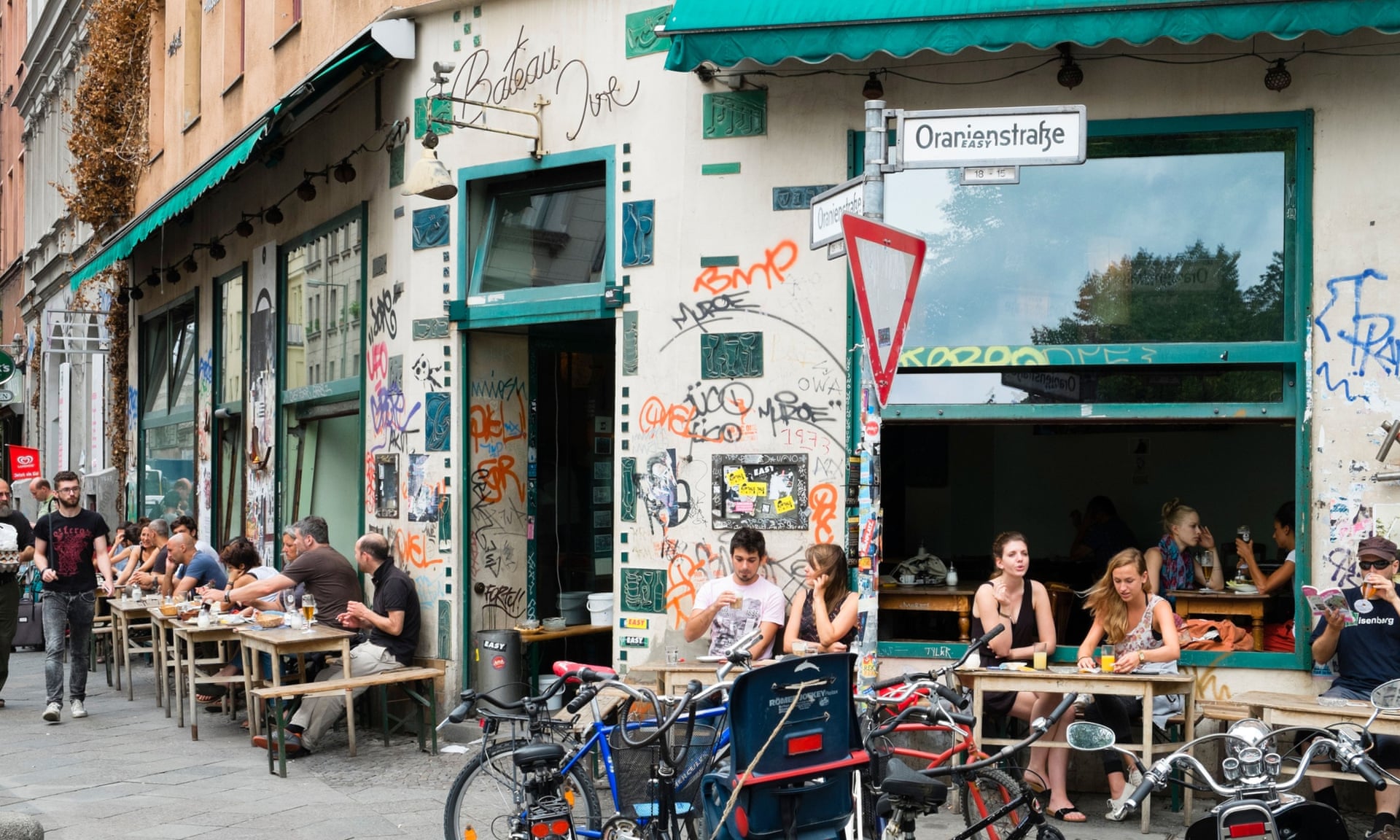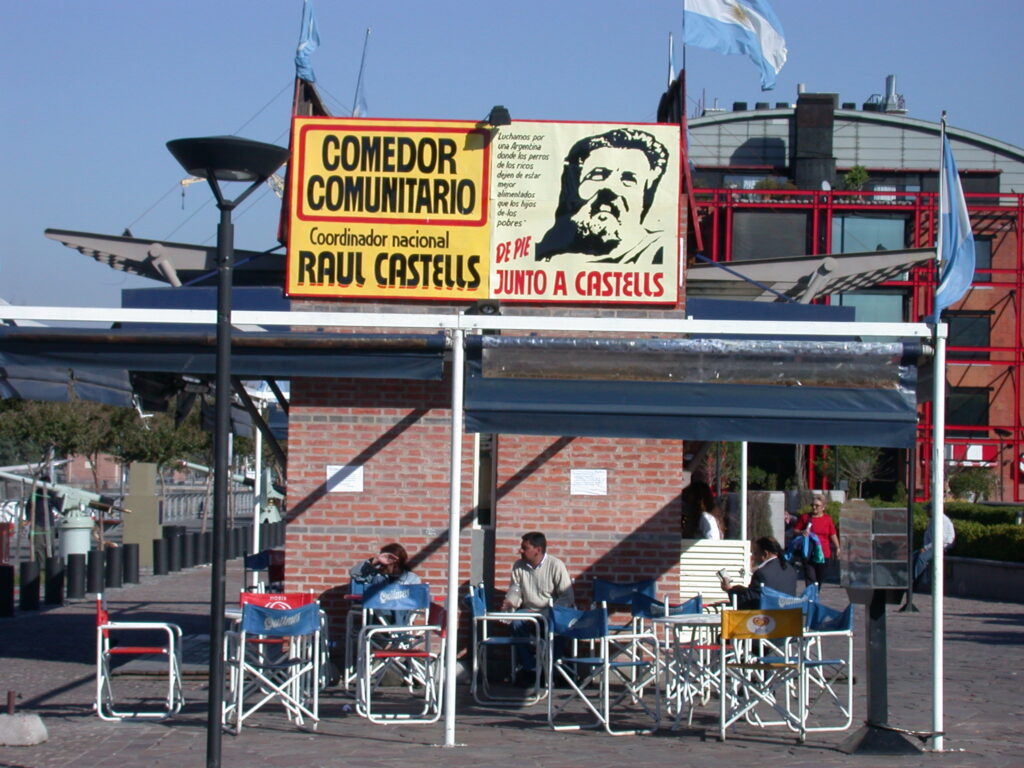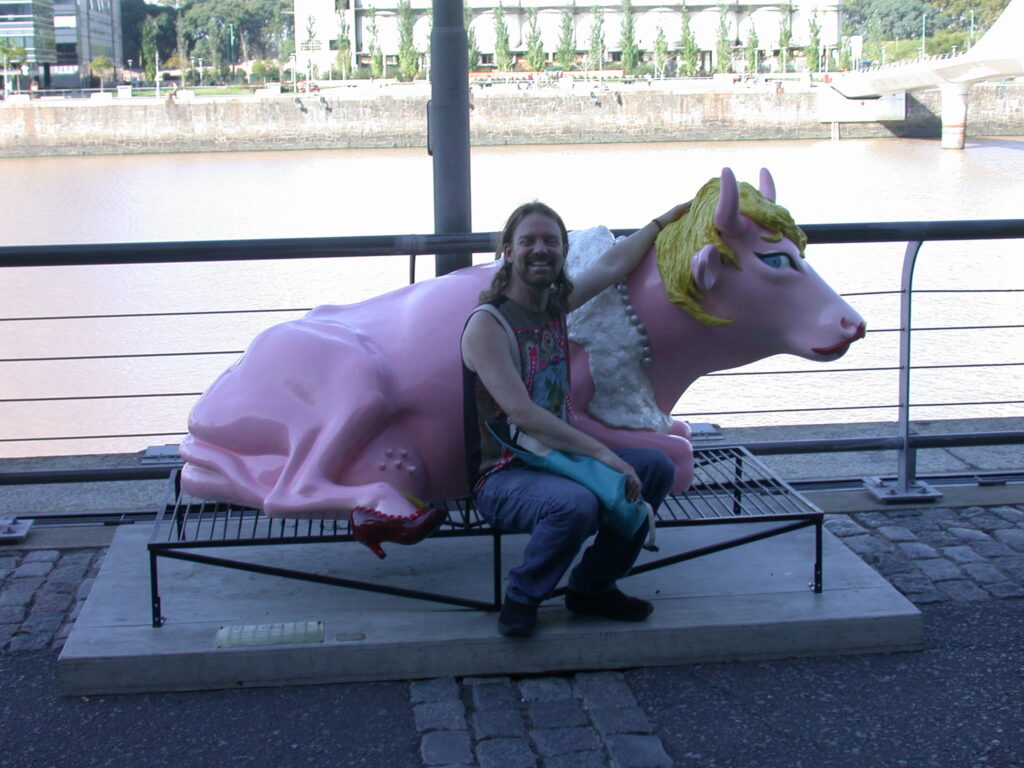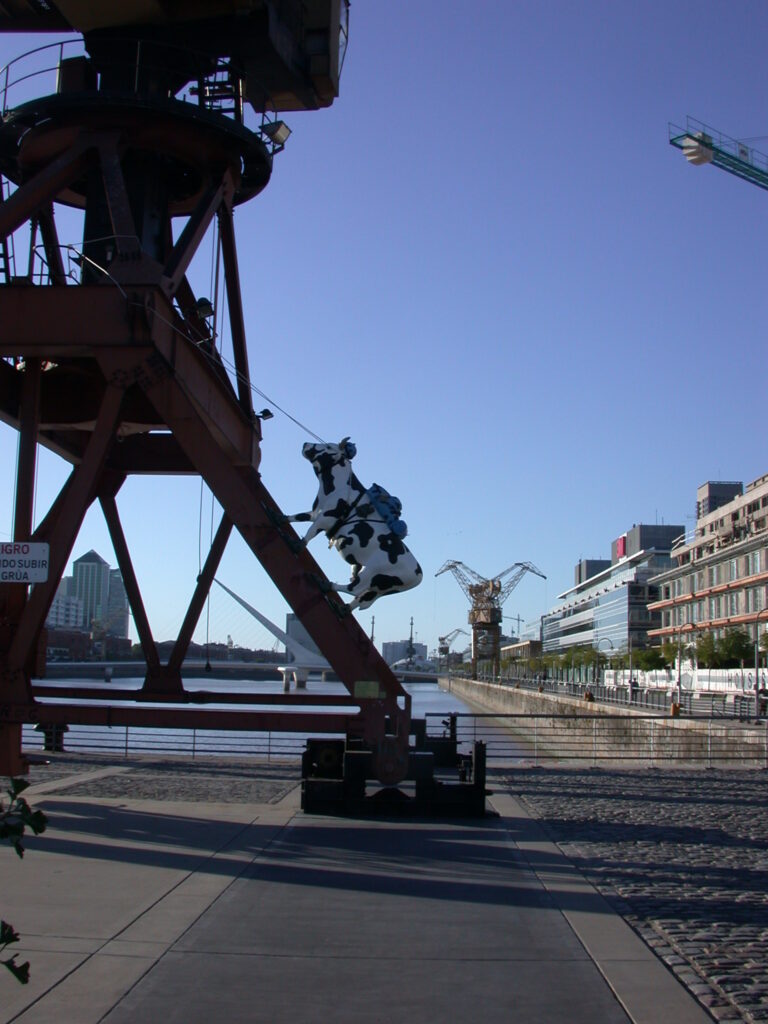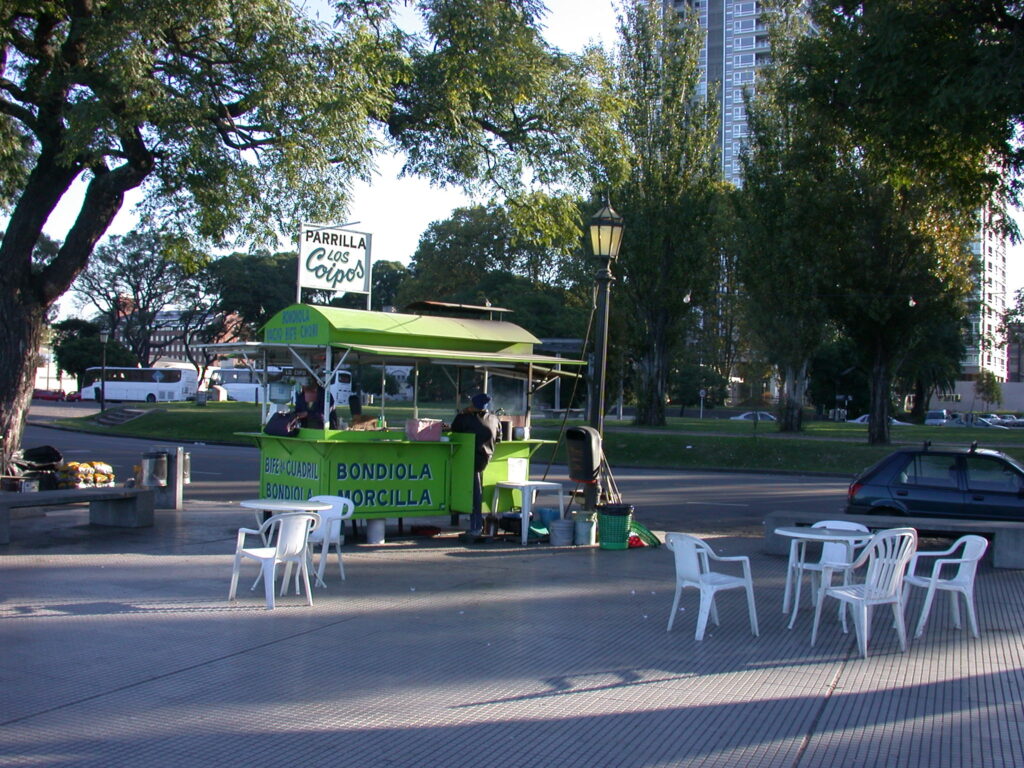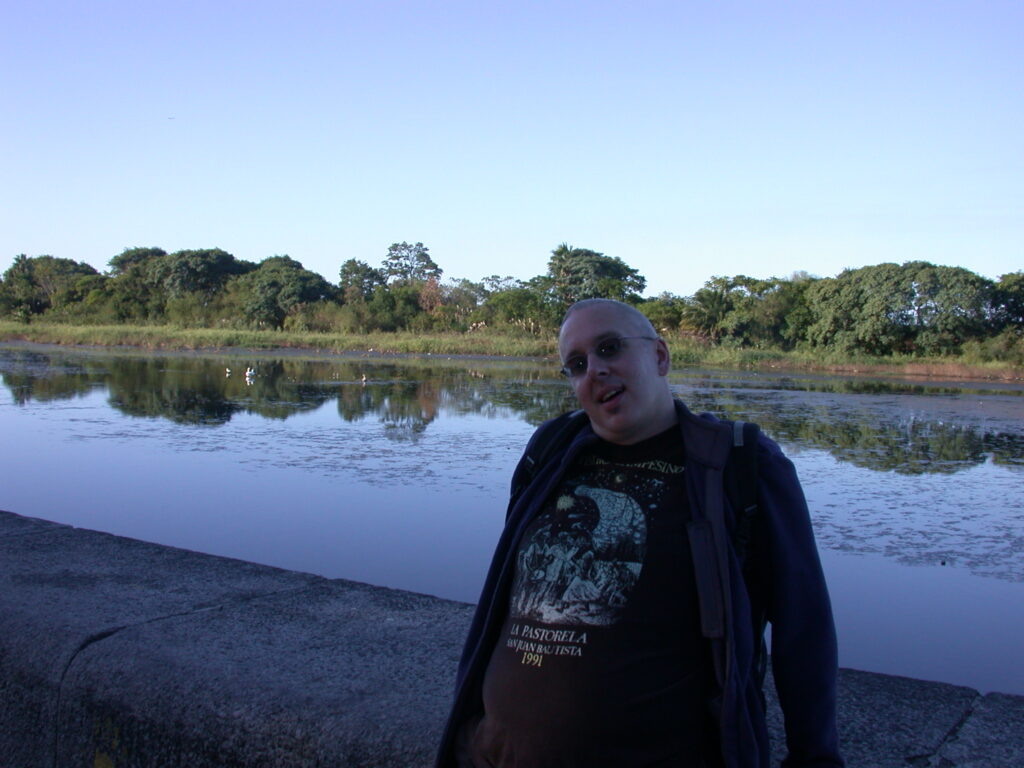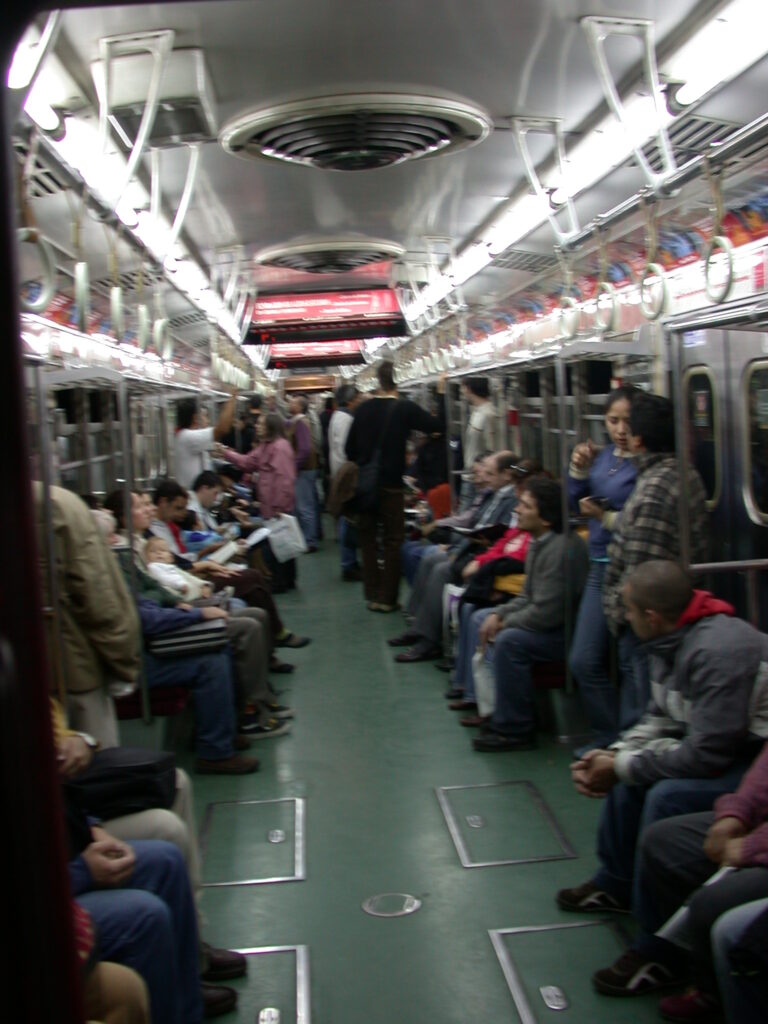“A new report presented by the Center for American Progress co-authored with economists Richard Freeman and Eunice Han is only the latest look at how labor unions enable working people to do better. The report, “Bargaining for the American Dream: What Unions do for Mobility,” looks at “economic mobility” and “intergenerational mobility” and finds that mobility is better where unions are strong….
“The study found that areas with higher union membership demonstrate more mobility for low-income children:
● Low-income children rise higher in the income rankings when they grow up in areas with high union membership.
● An increase in union density is associated with an increase in the income of an area’s children – as much as or more than high school dropout rates.
● Children of non-college-educated fathers earn more if their father was in a labor union….”


